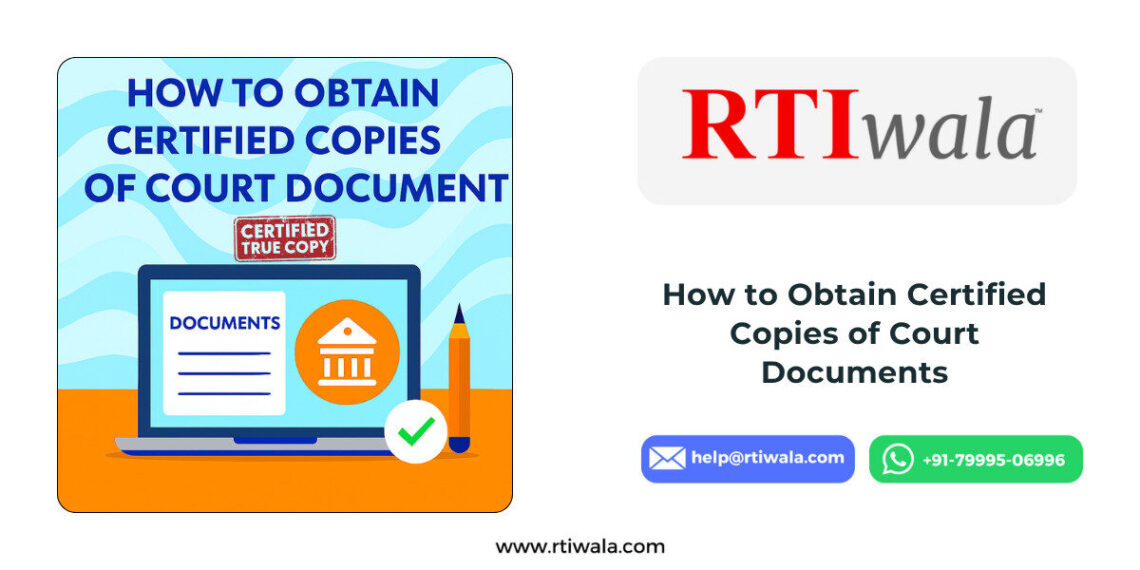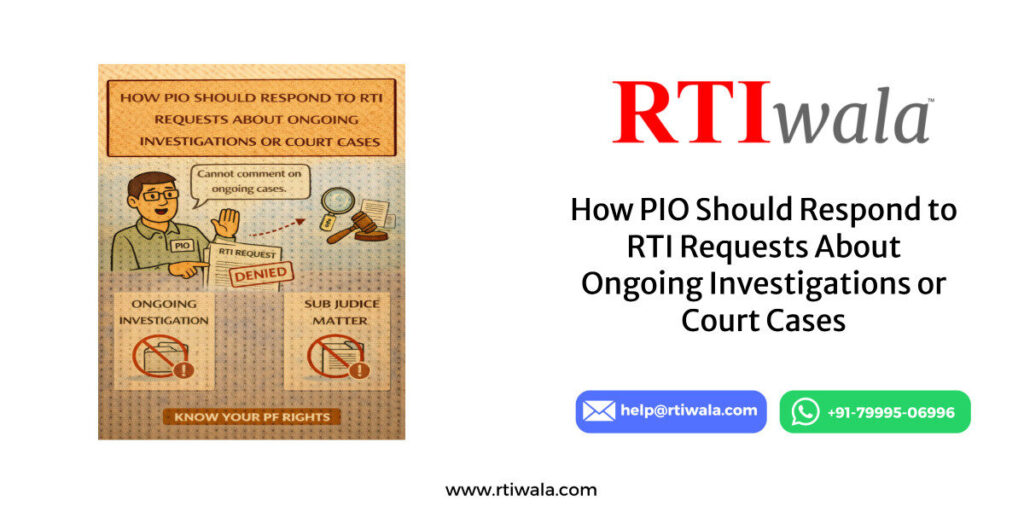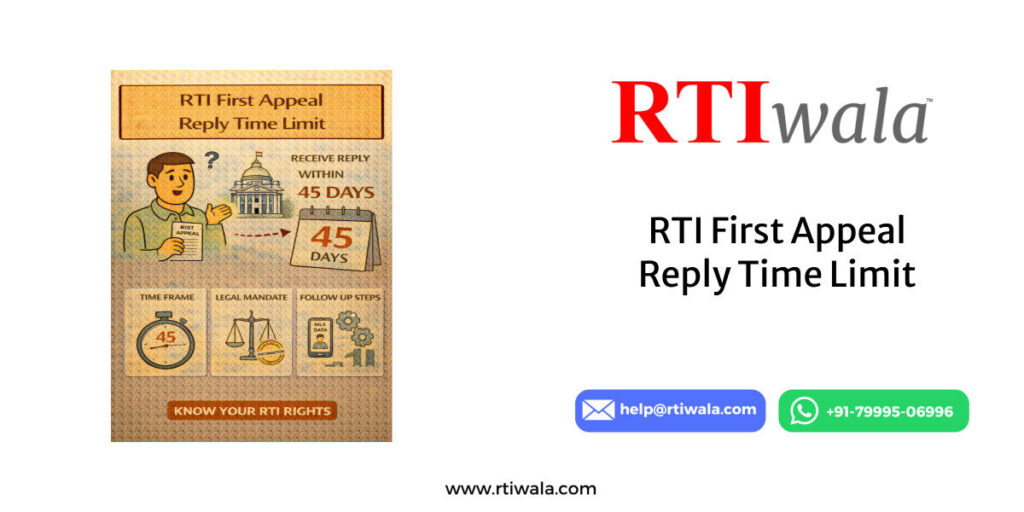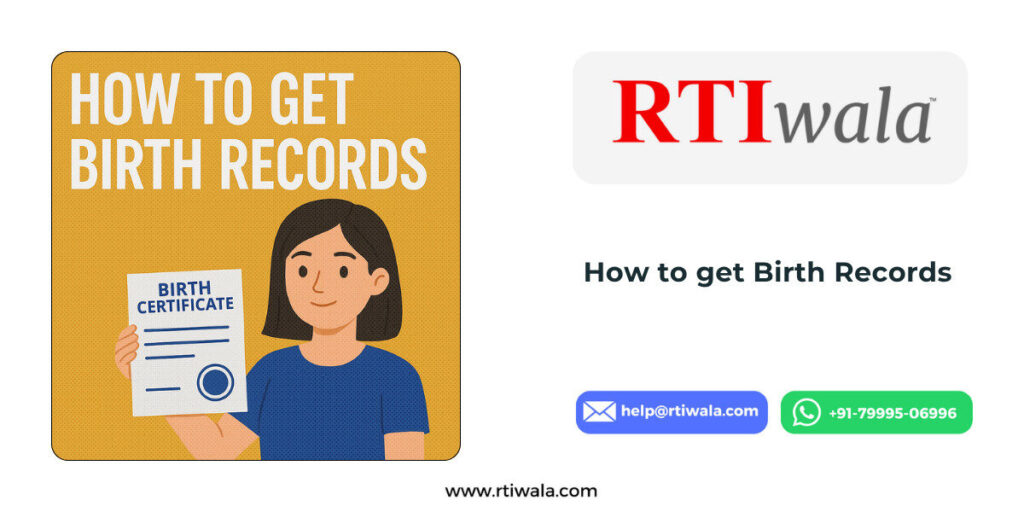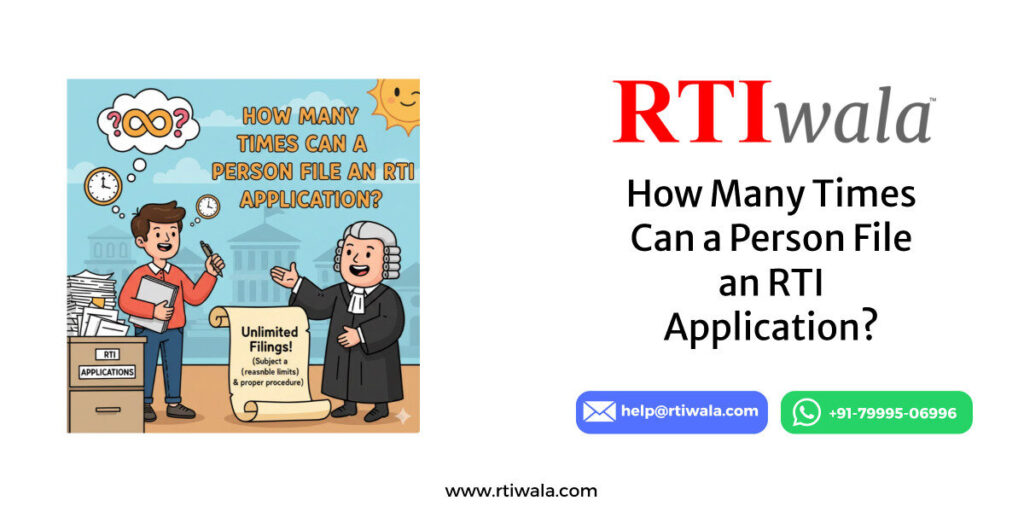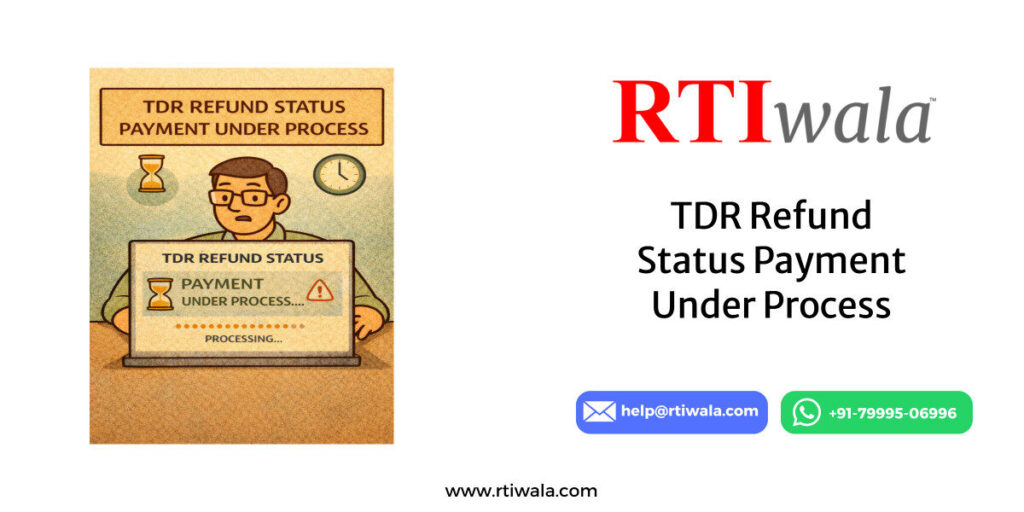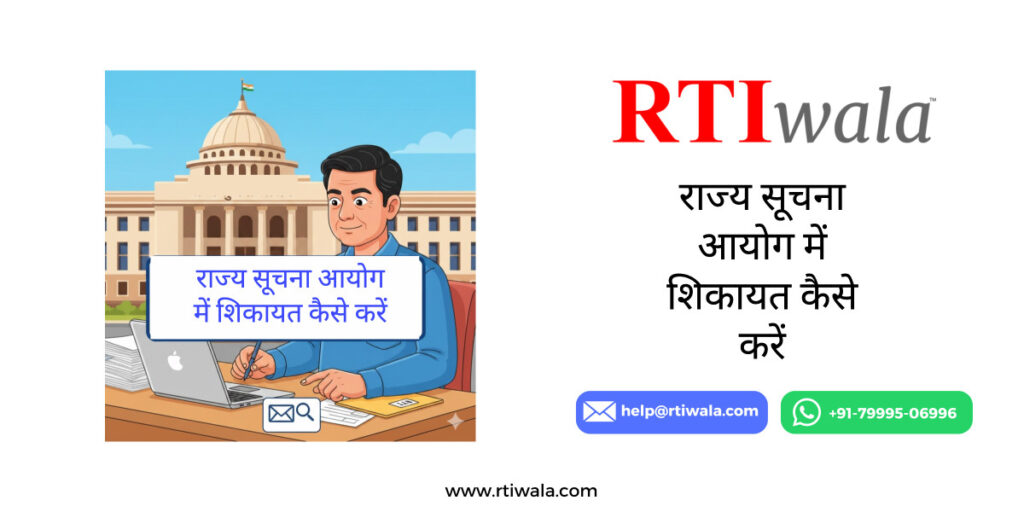Table of Contents
- Why Certified Court Copies Matter
- Who Can Apply for Certified Copies
- Step-by-Step Process to Get Court Certified Copies
- Using RTI to Obtain Court Records
- Latest Challenges People Face (and What RTIwala Solves)
- RTIwala Services to Help You
- FAQs
Why Certified Court Copies Matter
Certified copies of court documents such as judgments, orders, FIRs, charge sheets, and decree sheets are legally admissible in other courts, for government jobs, passport applications, property matters, or appeals. Without them, your case progress can stall, or your legal rights may remain unprotected.
Sadly, many citizens face harassment, long queues, and repeated visits to court clerks just to get one certified paper. In several cases, missing or altered records are also reported, which can cause irreversible damage to your case.
Who Can Apply for Certified Copies?
As per the rules of the respective courts (High Court, District Court, Family Court, etc.), the following can request certified documents:
- Petitioners or respondents in the case
- Advocates on record (AORs)
- Legal heirs or family members (with ID proof)
- Sometimes, any citizen can apply under the Right to Information Act if not barred by law.
Delay or no response for certified court copies? RTIwala forces official action and written proof through RTI—get answers, not excuses.
📞 Call: +91-7999-50-6996
💬 WhatsApp: https://help.rti.link/
🌐 www.rtiwala.com
Step-by-Step Process to Get Court Certified Copies
Offline (Manual Method):
- Visit the certified copy section of the respective court.
- Fill the application form with case number, party names, date of order, etc.
- Attach a copy of your ID proof.
- Pay the fees via judicial stamps or treasury challan.
- Wait for 7–30 days depending on case type.
Many applicants never receive the copy on time or are told the file is missing.
Online (Digital Portals):
Some High Courts and District Courts now allow online certified copy applications, such as:
- eCourts Services
- State Judiciary Portals (e.g., Delhi, Karnataka, Gujarat)
You’ll need:
- Case details
- OTP-based login or Advocate Code
- Payment gateway access
Yet, many courts still don’t upload all orders or accept copy requests digitally, especially for old cases or sensitive records.
Using RTI to Obtain Court Records – The Smarter, Safer Option
If you’re not getting certified copies through court channels or facing unexplained delays, you can file an RTI application under Section 6(1) of the Right to Information Act, 2005 to:
- Know why the document isn’t issued
- Demand a certified copy of the court judgment or order
- Uncover if your file is missing, pending, or tampered
RTIwala helps you file the correct RTI to the concerned Public Information Officer (PIO) of the judiciary or district court record room, reducing chances of rejection.
Delay or no response for certified court copies? RTIwala forces official action and written proof through RTI—get answers through RTIwala, not excuses.
📞 Call: +91-7999-50-6996
💬 WhatsApp: https://help.rti.link/
🌐 www.rtiwala.com
Why Many Fail to Get Court Certified Copies (Real Challenges)
Documents “not traceable” after years
Officials demand bribes to search your file faster
You visit the court 4–5 times, yet no clarity
Your advocate doesn’t cooperate or delays the process
This is where RTI can bring fear into the system – when a government official sees an RTI, they must respond within 30 days or face penalties.
Don’t wait until it’s too late or a deadline passes. If your certified copy is urgent, missing, or deliberately being delayed – File Online RTI today.
How RTIwala Helps You Get Court Copies Easily
RTIwala has assisted 10,000+ citizens in accessing crucial court records using legal routes.
Expert Consultation: Know exactly which PIO to approach
Anonymous RTI: Stay safe if you fear backlash from local officials
Online RTI Filing: File RTI from any state, on any court
Follow-up Add-ons: Ensure action if your RTI is ignored
First Appeal Filing: In case your RTI is rejected or unanswered
Whether you’re stuck in Delhi, Mumbai, Patna, or any town – RTIwala helps you get certified court documents without stepping into court.
Delay or no response for certified court copies? RTIwala forces official action and written proof through RTI—get answers, not excuses.
📞 Call: +91-7999-50-6996
💬 WhatsApp: https://help.rti.link/
🌐 www.rtiwala.com
Frequently Asked Questions (FAQs)
1. How long does it take to get a certified copy of a court order?
It usually takes 7–30 days through court, but with RTI, authorities must respond within 30 days by law.
2. Can I apply for a certified copy online?
Yes, in some courts. If your case is not available online, you can use the RTI route via RTIwala’s Online RTI Filing service.
3. Is RTI applicable to judicial records?
Yes. Many courts have designated Public Information Officers under the RTI Act. However, some sensitive files may be exempted.
4. Can I file RTI anonymously to get court documents?
Yes. If you’re scared of retaliation, use Anonymous RTI to keep your identity protected.
5. How much does RTIwala charge for getting court-certified copies?
Plans start from ₹389 + GST. Check RTIwala Products for full details and choose what suits your urgency.
Final Words
If you’re tired of endless delays, lost files, or silence from court clerks, don’t sit quietly. Use the law smartly. Use the Right to Information and expose the negligence.
Don’t let your legal rights die in dusty files or corrupt record rooms.
Call RTIwala at +91-7999-50-6996 or
File Online RTI now – before your legal timeline runs out.












































